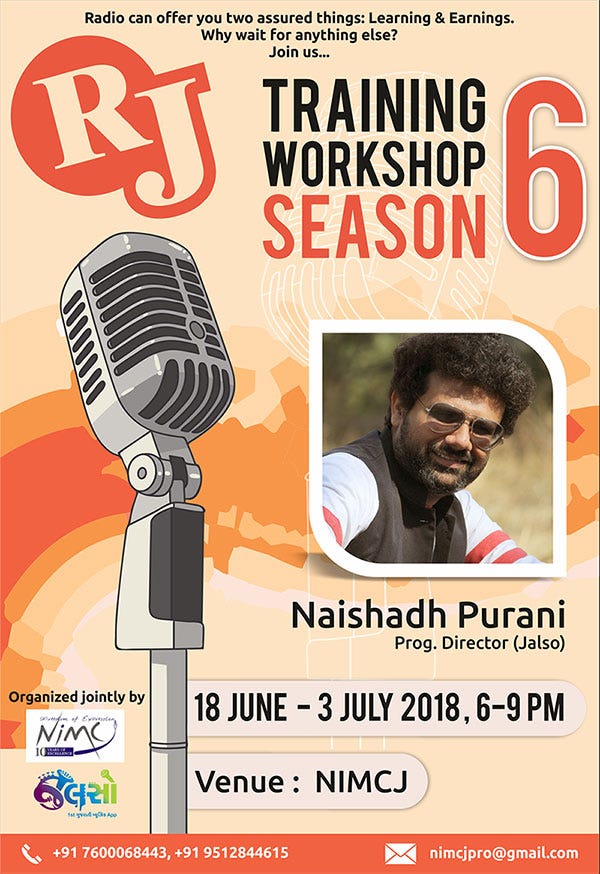Here’s a cautionary tale for you if you’re here to choose mass communication colleges. If you wish to pursue a journalism career because you think it is a glamorous job, you might want to stop right there. The columnists you are eager to read all week. Anchors you admire, the bylines that amaze you and the reporters who you believe have an exclusive reach to a lot of superstars and celebs, have quite a handful difficult, tiring, at times threatening behind the scene tasks.
We often only see the glittery parts of any profession and go for it, often neglecting the harsh facts. The purpose of giving out this information is to reduce the positivity bias in you while you choose a career in mass media communication colleges.
So, these journalists and news reporters could be chasing a story for weeks, straining to get a lead or source to talk to them. There is a lot of pressure in most of the professions and mass communication and journalism is not any different. Your job would not be a desk job entirely. For meeting multiple deadlines, you will have to stay on your toes all the time.
In a nutshell, it is not a walk in the park. That being said, if you are really passionate about your chosen journalism career and have a relatively profound purpose to it then you are going to enjoy every bit of it.
If you, after having read all the above-mentioned things still wish to opt for a J-school, here are some things that you need to see through first.
Specialization
Before beginning your degree you should have an idea beforehand of what area of journalism you are keen on entering. It only makes sense then to make sure that the program offers those tracks or even provides concentrations in your desired area, whether it’s investigative reporting, magazine writing, photojournalism, online media or whether it’s sports and humanities.
It is also very necessary to select a program that will expose you to a variety of journalism media and genres, allowing you to beget holistic education and possibly discover your niche.
It might so happen that you’d want to do a double major or minor in another subject to further reflect your interests and goals, to name a few: Criminology, International Studies, Political Science, Multimedia, Business Administration, Public Relations.
Internships
Getting an internship done with a broadcast station, newspaper, magazine online publication or any other journalism is extremely valuable. Choose a J-school that gives more emphasis on prospective J-School puts on internships. You will want to find out whether they help students land internships and where.
Faculties and Administration
This is very important. Figure out about your desired school’s professors and instructors. Ideally, the faculty should consist of experienced journalists. They should have actually worked in the field and possibly still do. There is a lot to learn from the experiences as they teach you the basics and advanced skills, mentor you and give you pointers on how to network, land internships and jobs in the real world of journalism.
On-Campus Opportunities
In addition to gaining relevant experience and exposure at an internship, it is important for you to build your portfolio right on campus. If you are keen on writing stories for traditional or online publications, find out if your desired journalism school has its own newspaper or magazine (print or online). You could also go for TV Station or Radio Station if you’re leaning towards broadcasting, Radio Journalism courses, radio jockey courses or TV anchoring.
RJ Training Workshop Season 6
Get the detailed information about the workshop from here: https://www.facebook.com/events/422955741464777/
Talk to Primary Sources
Interaction with the current students, instructors and alumni, of the J-school(s) you are researching is very important. They can provide you with insights that delve deeper than the information put on the university’s website or brochure.
In the end, you shall only select a program that supports your innate interests and journalism career goals you should also keep in mind that your aspirations can evolve and change as you learn more about the field during the journalism studies you just have to decide one thing and stick to it.


Comments
Post a Comment